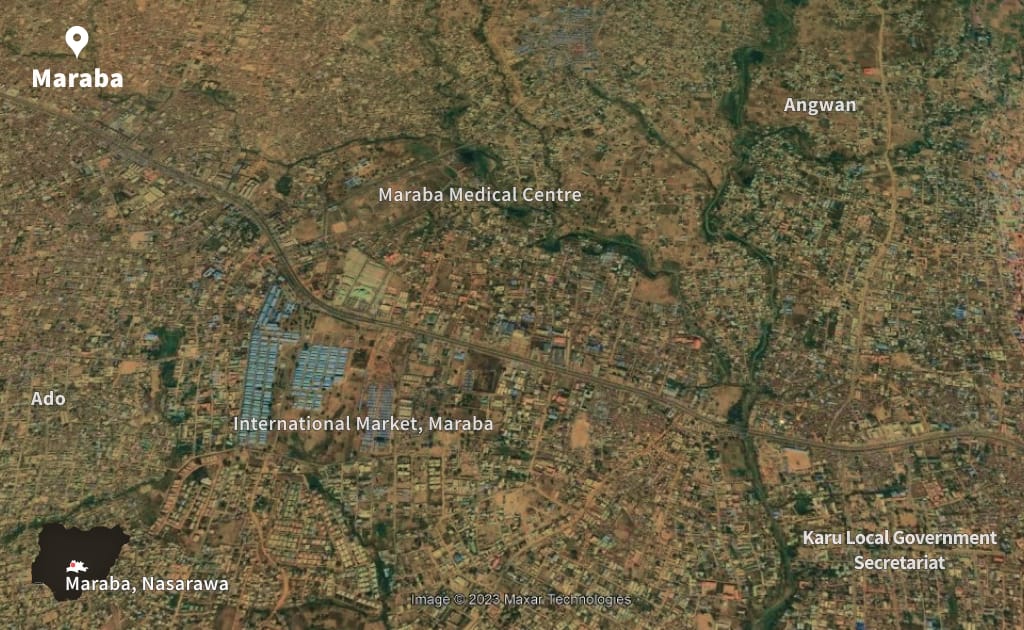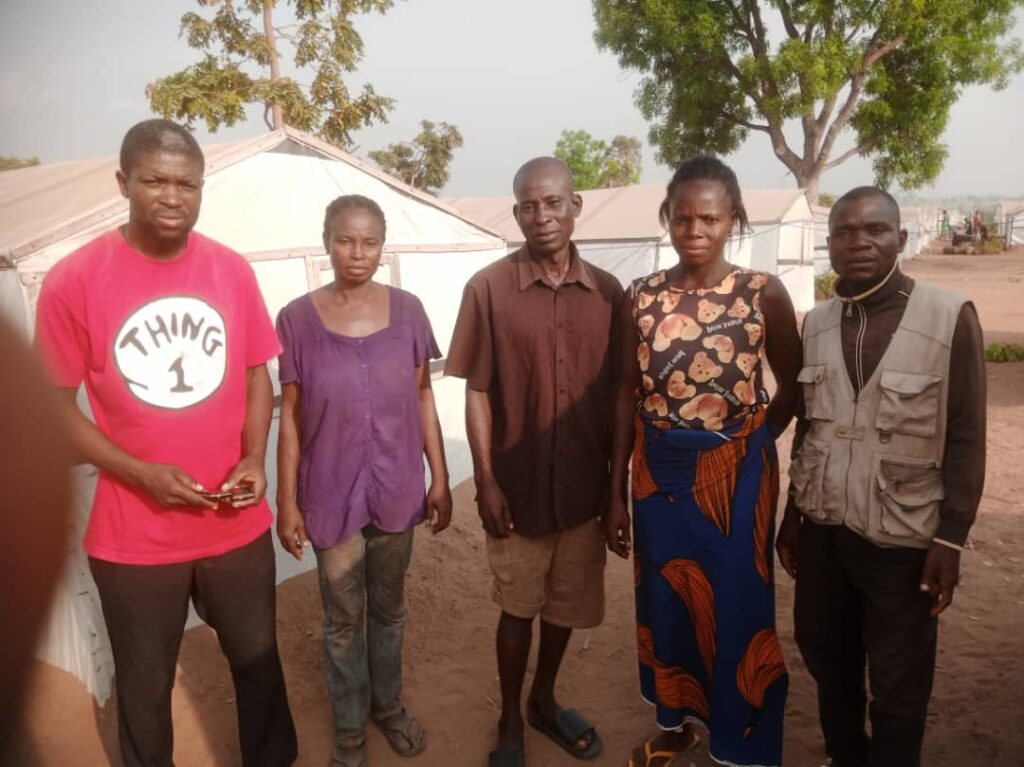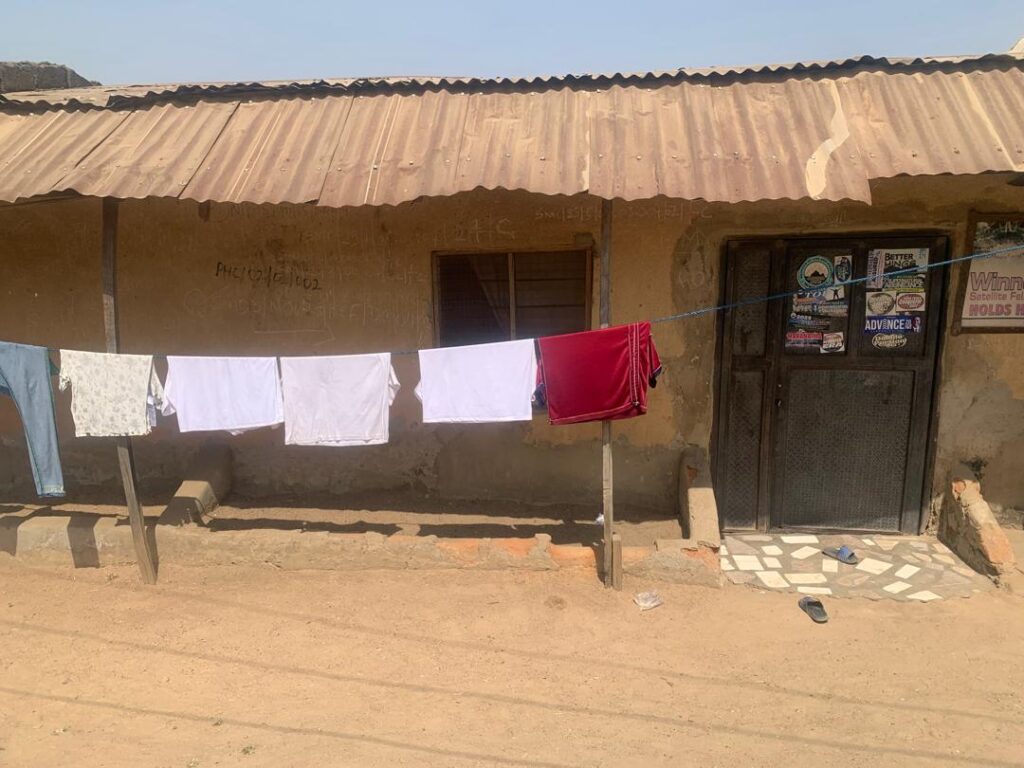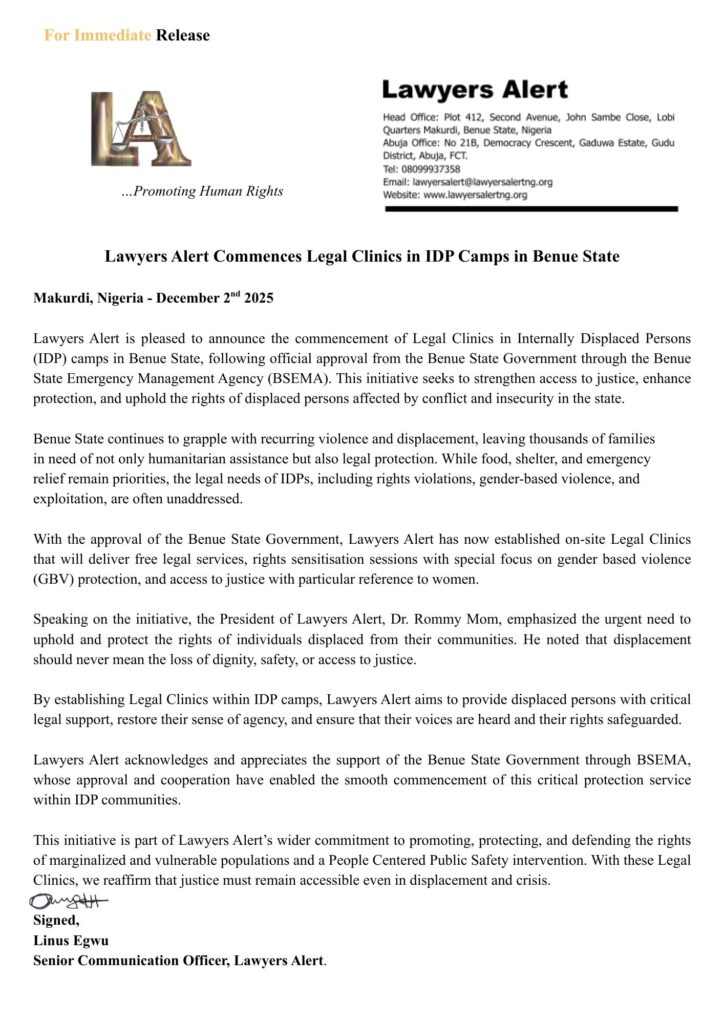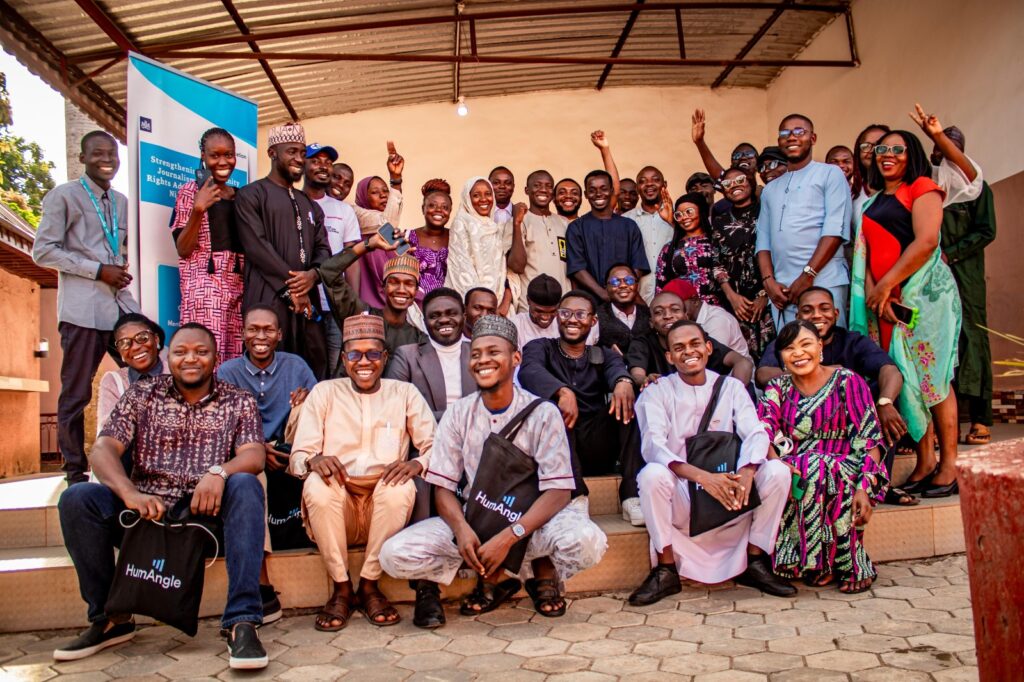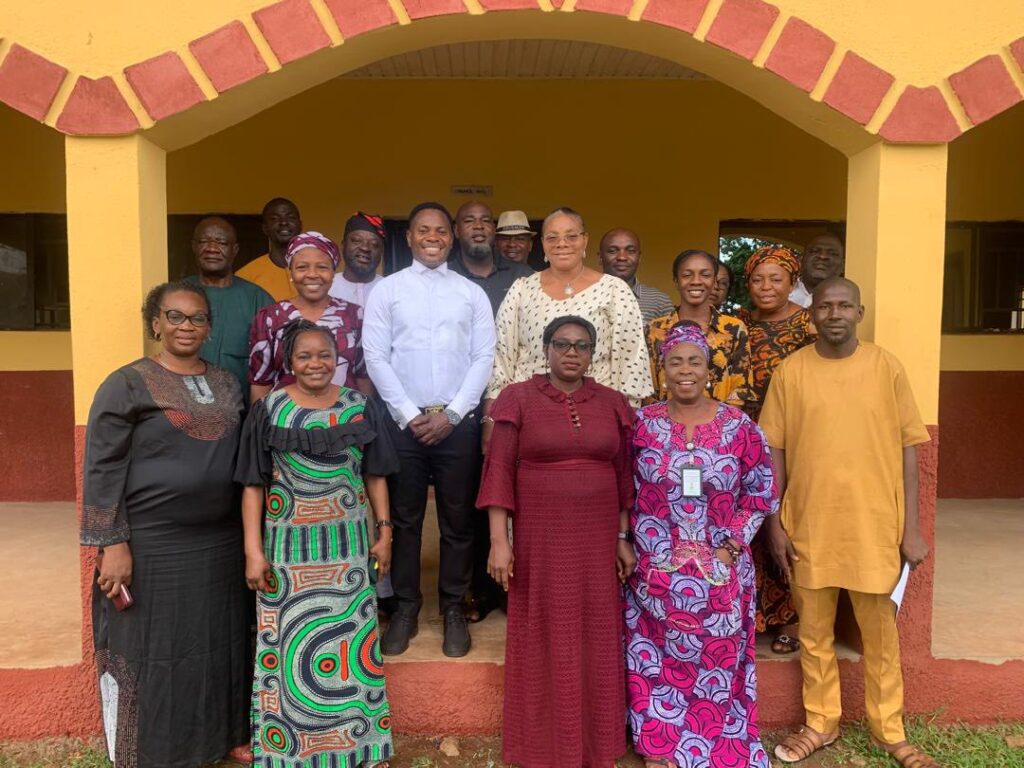Sequel to the scheduled date for the elections, the governorship candidates for the two major political parties in Benue State had released their blueprint
Following the ripple effect of the redesigned naira currency as part of the activities of the Nigerian federal government in the implementation of the Nigeria Cashless Policy, the country is now thrown into an unfortunate hardship, and Benue varsity students are not left out.
An online survey through a cloud-based platform (Google Form) conducted by David Arome to assess knowledge, perceptions, challenges, and mitigating factors of environmental plastic pollution. The responses of the participants are shown in the chart below:
Residents of Makurdi, the Benue State Capital, are having low celebrations as they lament the undue cost of transportation from the state.
“Benue state is the Food Basket of the Nation as a slogan has undoubtedly been abused. Lack of access roads is one of the many factors contributing to hunger in the state.” Isaac Ode, a 52-year-old farmer said.
The Liberalist Centre for Education, a Nigeria-based libertarian think tank promoting pro-freedom ideas for human flourishing, has trained journalists on pro-freedom reporting.
After days of consistent rainfall some areas in the capital of Benue state have been flooded with goods worth millions lost.
“Determine whether ASUU has the right to embark on strike over disputes as is the case in this instance by compelling the Federal Government to employ its payment platform and determine the extent of the union’s demands since 20
Several netizens of Benue origin have taken to social media to reminisce about the good old days when the library was still in use and in good shape.
Lola Cater Foundation has reaffirmed its commitment to academic excellence by partnering with the Bauchi Spelling Bee, empowering over 250 students across Bauchi State to showcase literacy and confidence.
Nigeria’s job crisis has created a dangerous new landscape for young graduates. In this investigative feature, we follow Enoche Ameh’s journey from graduation in Minna to a harrowing encounter in Abuja. Her story exposes a disturbing trend: predators hiding behind fake recruitment offers to lure and assault vulnerable job seekers. Through Enoche’s voice and expert insights from NAPTIP, we explore the high cost of unemployment and the urgent need for safety and justice in a weaponized job market.
The Becky Egbe Foundation has launched its 2nd Annual UTME Empowerment program for Oju/Obi students. Building on previous success, the initiative provides free JAMB forms to ease financial burdens. Highlighting this year’s drive, Hon. Agwu Godswill Eje is sponsoring full tuition scholarships for the top three scorers who achieve 250 marks or above.
We aren’t looking for people with fancy degrees or twenty years of experience, but the “angry” ones, people who see an injustice in their neighborhood and feel their blood boil. Student who wants to use their phones for more than just TikTok, but to record the truth.
Alochu Foundation celebrates 20 years of impact in Oju, Benue State, empowering students, pastors, widows and unveiling 2027 support group.
As the harvest season drags on, Tikor Nyiev, 45, from Guma, stares at the entrance of his tent, watching the dust rise. The small plot he planted weeks earlier has already failed, its surface split open by heat, the soil hardened and bare beneath an unforgiving sun. What should have been a period of cautious optimism has turned, once again, into quiet disappointment. Around him, other displaced farmers gather in small grigbaoups, speaking in lowered voices about losses they have come to expect. They recount how they waited for the rains before planting, how the seeds germinated briefly, and how the moisture vanished before the rice could take root. Their frustration is not born of ignorance or neglect. These are farmers who understand their land and their seasons. What they lack is not skill, but certainty. Rain‑fed rice production, which accounts for more than 80 percent of rice cultivated in Nigeria, depends heavily on reliable rainfall rather than controlled irrigation systems, yet in regions like Benue, this reliability has eroded, leaving farmers vulnerable and yields low. The Weight of Unreliable Rain In the camp, the rhythm of farming life has been broken. There are no barns to prepare, no harvest to […]
A major step toward strengthening justice for displaced communities has been taken in Benue State as Lawyers Alert formally commenced Legal Clinics across Internally Displaced Persons (IDP) camps, following official approval from the Benue State Government through the Benue State Emergency Management Agency (BSEMA). The clinics will deliver free legal services, rights sensitisation sessions, and targeted support for survivors of gender-based violence (GBV). This intervention comes at a time when the state continues to struggle with recurring violence and mass displacement, leaving thousands of families in need of not just humanitarian aid but legal protection. Lawyers Alert noted that while emergency relief often reaches IDPs, issues such as rights violations, exploitation, and the lack of access to justice remain largely unaddressed. The newly established Legal Clinics aim to fill this gap by ensuring that displaced persons—especially women and other vulnerable groups—can seek justice without fear or barriers. Speaking on the initiative, the President of Lawyers Alert, Dr. Rommy Mom, underscored the urgent need to safeguard the dignity and rights of individuals uprooted from their communities. He emphasised that displacement should never translate to the loss of safety, voice, or justice. The Communications Officer of Lawyers Alert, Linus Egwu, reaffirmed the […]
Two journalists from The Middlebelt Reporters, Linus Egwu and Joxzy Otor, have completed HumAngle’s intensive fellowship on community journalism and human rights advocacy in Jos. The three-day training equipped participants with skills in conflict-sensitive reporting, SGBV documentation, and accountability journalism to strengthen storytelling across Northern Nigeria.
Lawyers Alert has engaged local government officials in Katsina-Ala and Otukpo Local Government Areas of Benue State to advance citizen participation and strengthen democratic governance at the grassroots. The engagements brought together council officials, civil society actors, and community representatives to deepen conversations on inclusive governance as a foundation for accountable and responsive local administration. Held at the respective local government secretariats, the meetings focused on transparency, accountability, and meaningful public participation in decision-making. Participants stressed that democracy delivers real impact only when citizens are recognised as active partners in governance rather than passive observers. Representatives of Lawyers Alert emphasised that citizen participation is not optional but a constitutional right and a critical mechanism for ensuring effective use of public resources. They noted that when communities are involved in planning, monitoring, and oversight, public projects are better delivered, corruption is reduced, and trust between citizens and government is strengthened. Local government officials acknowledged the growing disconnect between authorities and citizens and affirmed the need for sustained engagement to rebuild confidence in governance processes. They highlighted town hall meetings, regular consultations, and structured feedback channels as practical tools for bridging this gap and strengthening local democracy. In Katsina-Ala LGA, discussions underscored […]


